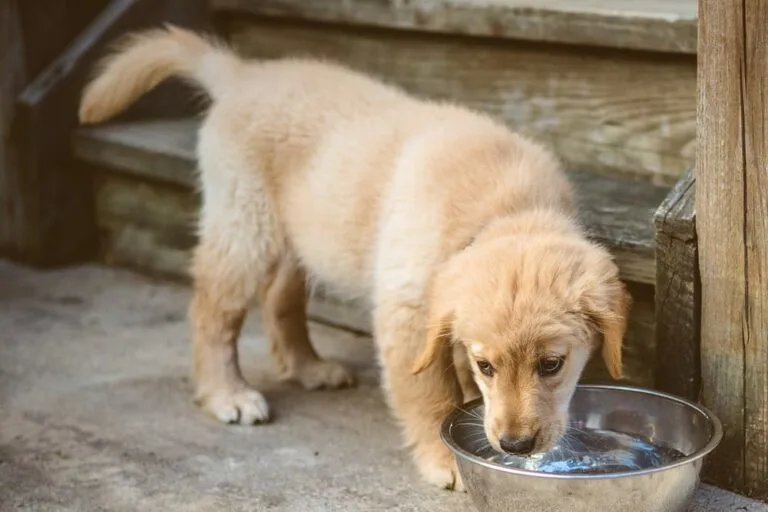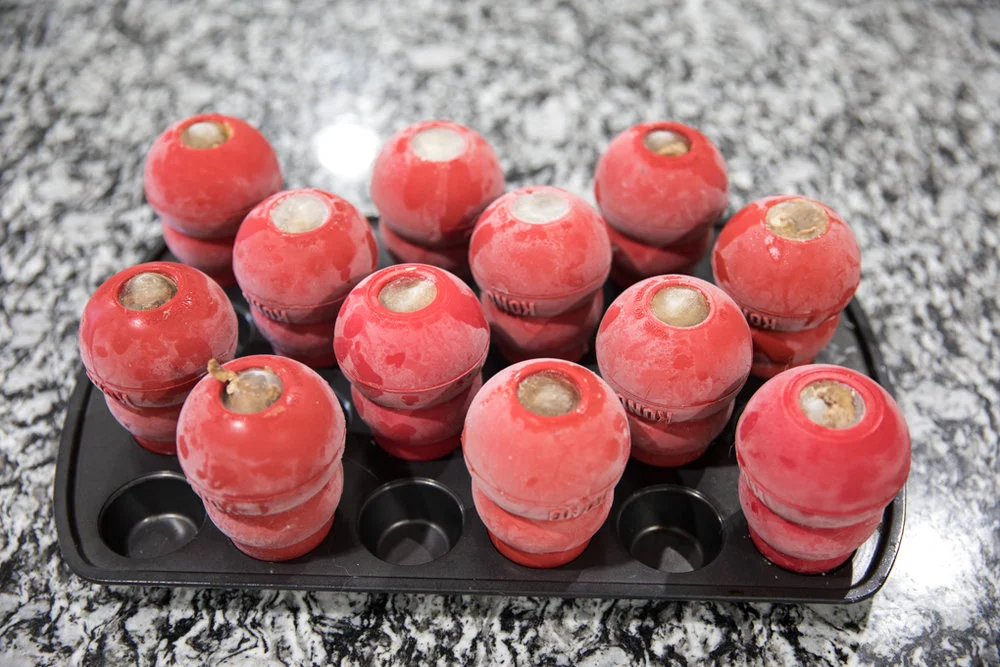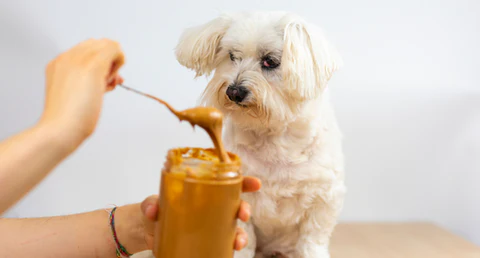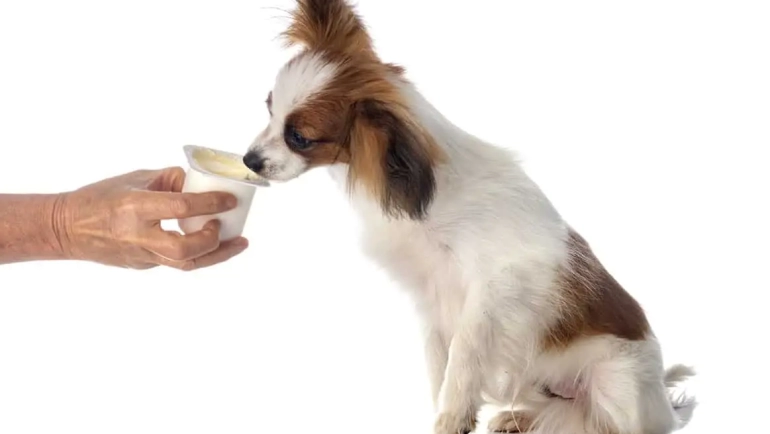97Views

Water For Puppy: A Guide to Keeping Your Puppy Hydrated
Puppies are bundles of boundless energy, exploring the world with playful paws and wide, curious eyes. But amidst the zoomies and chew sessions, it’s easy to forget the fundamental fuel for their fun: water.
Just like us, puppies need proper hydration to thrive, and understanding their unique water needs is crucial for their happy, healthy growth.
So, let’s dive into the wagging world of water for puppies, exploring everything from how much they need to the coolest ways to keep them hydrated.
Why Water is Important for Pups:
Water is more than just a drink for puppies; it’s a vital elixir that keeps their bodies functioning at their best.
It regulates their temperature, lubricates their joints, aids digestion, and transports nutrients throughout their growing bodies. Dehydration, even mild, can lead to lethargy, weakness, and even organ damage.
So, keeping your pup’s water bowl full is like giving them a superpower to conquer every chew toy and chase every squirrel.
How Much Water Does Your Pup Need?
Unlike a one-size-fits-all approach, a puppy’s water requirements depend on several factors:
- Age: Young puppies, especially those under 8 weeks old, get most of their hydration from their mother’s milk. As they wean and transition to solid food, their water needs increase.
- Size: A Chihuahua’s water needs differ greatly from a Great Dane’s. Generally, puppies need 1/2 ounce to 1 ounce of water per pound of body weight daily.
- Activity Level: Energetic pups playing fetch or exploring the park burn more fluids and require more water replenishment.
- Climate: Hot and humid weather increases water needs to prevent overheating.
Read Also: Puppy Potty Training Guide
Creative Ways to Keep Your Pup Hydrated:

While a water bowl is essential, here are some fun ways to keep your pup’s hydration game strong:
- Frozen Kongs: Fill a Kong toy with water, freeze it, and let your pup lick it for a refreshing treat.
- Homemade Popsicles: Blend fruits (avoid grapes and raisins) with water and freeze in ice cube trays for a healthy and tasty snack.
- Water Fountains: Encourage continuous water intake with a pet fountain that keeps the water cool and circulating.
- Infused Water: Add slices of cucumber, watermelon, or berries to water for a flavor boost (avoid citrus fruits).
- Lick Mats: Spread wet food or yogurt on a lick mat to keep your pup entertained and hydrated.
Signs Your Pup Needs a Hydration Boost:
If your pup’s water bowl remains untouched, they might be dehydrated. Watch for signs like:
- Dry gums and nose
- Lethargy
- Loss of appetite
- Sunken eyes
- Excessive panting
Remember: If you suspect dehydration, consult your veterinarian immediately.
When Can Puppies Start Drinking Water?
Puppies actually start drinking water quite early, around 3-4 weeks of age! This coincides with the time they begin weaning from their mother’s milk and transitioning to solid food.
Their teeth are also starting to develop around this time, making it easier for them to lap up water.
While their mother’s milk provides most of their hydration early on, offering fresh, clean water alongside their meals is crucial. It helps them get accustomed to drinking water and prepares them for complete weaning.
Here are some additional points to remember:
- Introduce water gradually: Don’t overwhelm them with a huge bowl. Start with a shallow, stable dish filled with a small amount of water.
- Keep it clean and fresh: Change the water regularly to prevent bacterial growth.
- Location matters: Place the water bowl in a quiet, easily accessible area where they can comfortably drink.
- Monitor their intake: Pay attention to how much they drink, especially during playtime or hot weather. They might need more frequent refills.
Remember, consulting your veterinarian is always recommended for personalized advice regarding your puppy’s specific needs and development.
What Water Can Puppies Drink?
Puppies, just like adult dogs, can safely drink most of the same types of water we do, with a few important caveats:
Safe Choices:
- Tap water: This is usually perfectly fine for puppies, as long as it’s safe for human consumption. However, if you have concerns about your tap water quality, consult your veterinarian.
- Bottled water: Spring water or purified bottled water are also safe options. Consider opting for spring water as it contains essential minerals beneficial for your pup.
- Filtered water: If you use a home water filter, make sure it’s a reputable brand and removes any harmful contaminants.
Types to Avoid:
- Distilled water: While safe for short-term use, long-term consumption of distilled water can leach minerals from your puppy’s body, leading to health issues.
- Ocean/sea water: This water contains high levels of sodium, which can be dangerous for puppies, especially in hot weather.
- Puddles/standing water: Avoid letting your puppy drink from puddles or stagnant water sources, as they can harbor bacteria and parasites.
- Flavored water: Skip water with added sugars, artificial sweeteners, or flavorings, as these can be harmful to your puppy’s health.
- Carbonated water: Sparkling water can cause bloating and discomfort in puppies.
Additional Tips:
- Temperature: Offer water at room temperature, as very cold water can upset your puppy’s stomach.
- Ice cubes: Some puppies enjoy chewing on ice cubes, which can be a fun way to increase their water intake. However, monitor them closely to ensure they don’t swallow large chunks that could pose a choking hazard.
- Travel: When traveling with your puppy, always carry a portable water bowl and fresh water to keep them hydrated.
By understanding your puppy’s unique water needs and getting creative with hydration methods, you’re not just providing them with a drink; you’re ensuring a happy, healthy life full of tail wags and playful adventures. So, grab that water bowl, fill it with love, and watch your furry friend thrive!


